[港台電視31] 零距離科學 逢星期五晚9:30
DoctorWho
881 回覆
43 Like
1 Dislike
好似話狗仔會聞到主人大左肚/有癌症
好似話有嚴重糖尿病人會有一陣爛蘋果味
未聞過 想像唔到

咁都有得讀

經過牛陣個陣味

點解啲女仔咁香

求偶用 好多動物都係咁玩
柏金遜都聞到 好勁




婆婆自己有事,會唔會聞得出呢?
超人類系列之感官世界
22/05/2020
我們的感官設計,不是要把外界最準確地呈現給我們看,而是把收集到的數據進行篩選,有些會強調,有些則會忽略。我們的感官是一支偉大的管弦樂團,大腦就是指揮;大腦的才能是無人能及的,任何改變和適應它都能應付自如。失明畫家約翰.布蘭比列雖然看不見,繪畫時下筆卻很準確;聾人歌手文迪.哈維雖然聽不見,卻能憑感覺地板震動與人合唱和聲;11歲鋼琴大師聽得出梵蒂岡一個噴泉五條水柱各自的旋律……我們的感官實在太厲害,讓我們不禁要問,若只喪失了其中一種感官,真的就要被視為殘障嗎?抑或只是換個方式去感知這個世界?隨著科學進步,我們逐漸了解到為什麼有些人會發展出超凡的感官能力。自從亞里士多德宣稱人類有五感,我們一直深信不疑,但現在科學家卻認為不只五種;其他感官的謎團正逐一解開,這些未經開發的感知能力,實在令人難以置信。
電視版本:雙語廣播(粵語/英語)
Our senses are not designed to give us the most accurate representation of the outside world, instead the array of data they collect emphasizes certain things and allows others to take a back seat – it’s a magnificent orchestra and the conductor is your brain. Nothing can match the brain’s talent. It is capable of change and adaptation. For example, John Bramblitt is blind yet paints with incredible precision. Mandy Harvey is deaf and sings in harmony with her group thanks to sensing vibrations through the floor. An 11-year-old piano virtuoso is able to hear the melody of each of the 5 streams of a fountain in the Vatican. The potential of our senses is so powerful that it’s time to ask if losing one of them can really be considered a handicap. Could it simply be a different way of perceiving the world? The more science progresses, the better understanding we have of how and why some people develop extraordinary sensory abilities. The idea of our 5 senses has held from Aristotle forward, but scientists are now convinced we have more than 5 senses, and are beginning to uncover their mysteries. The untapped potential of sensory perception is mind-boggling.
TV Version: Bilingual Broadcast (Cantonese/English)
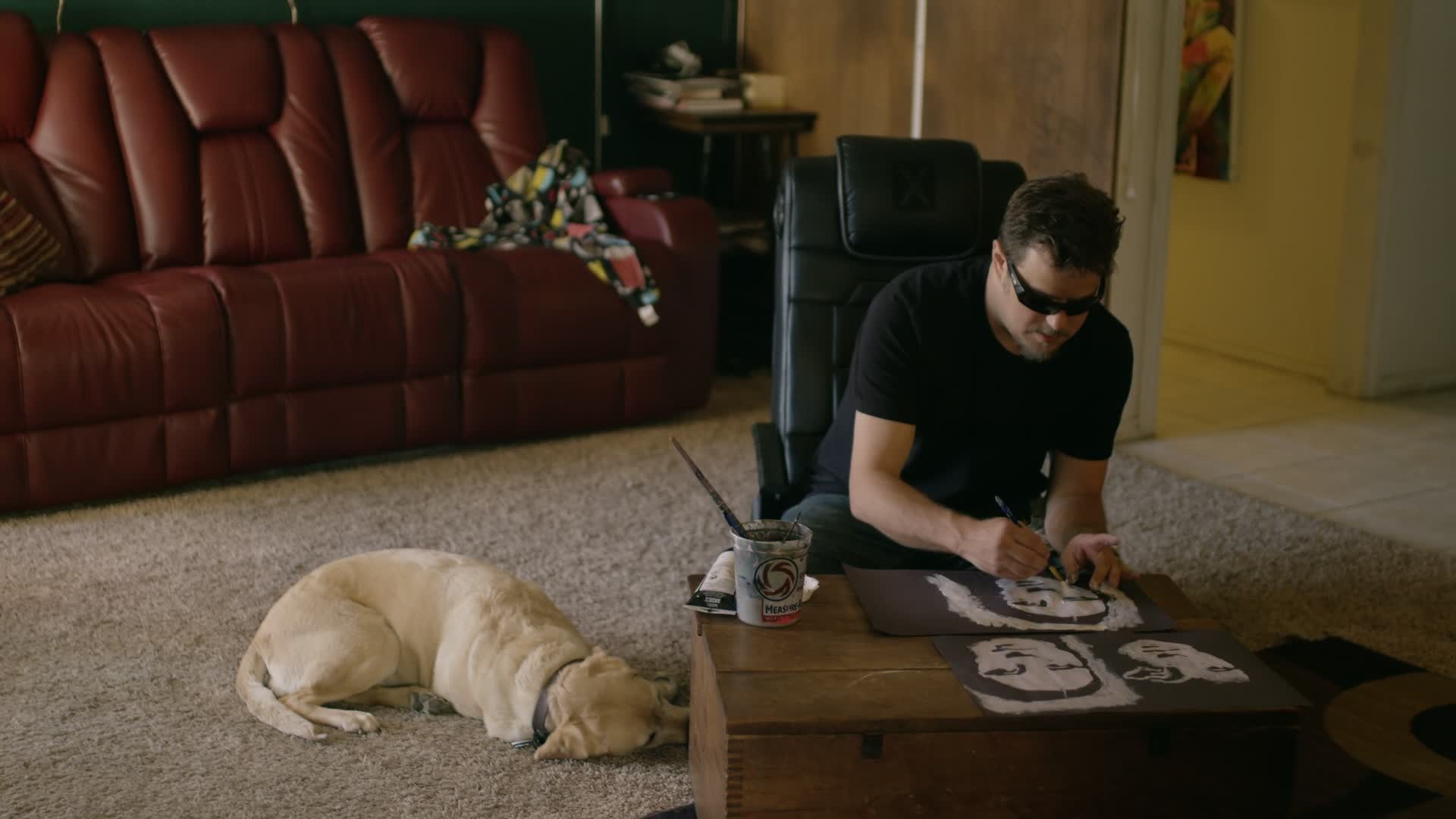
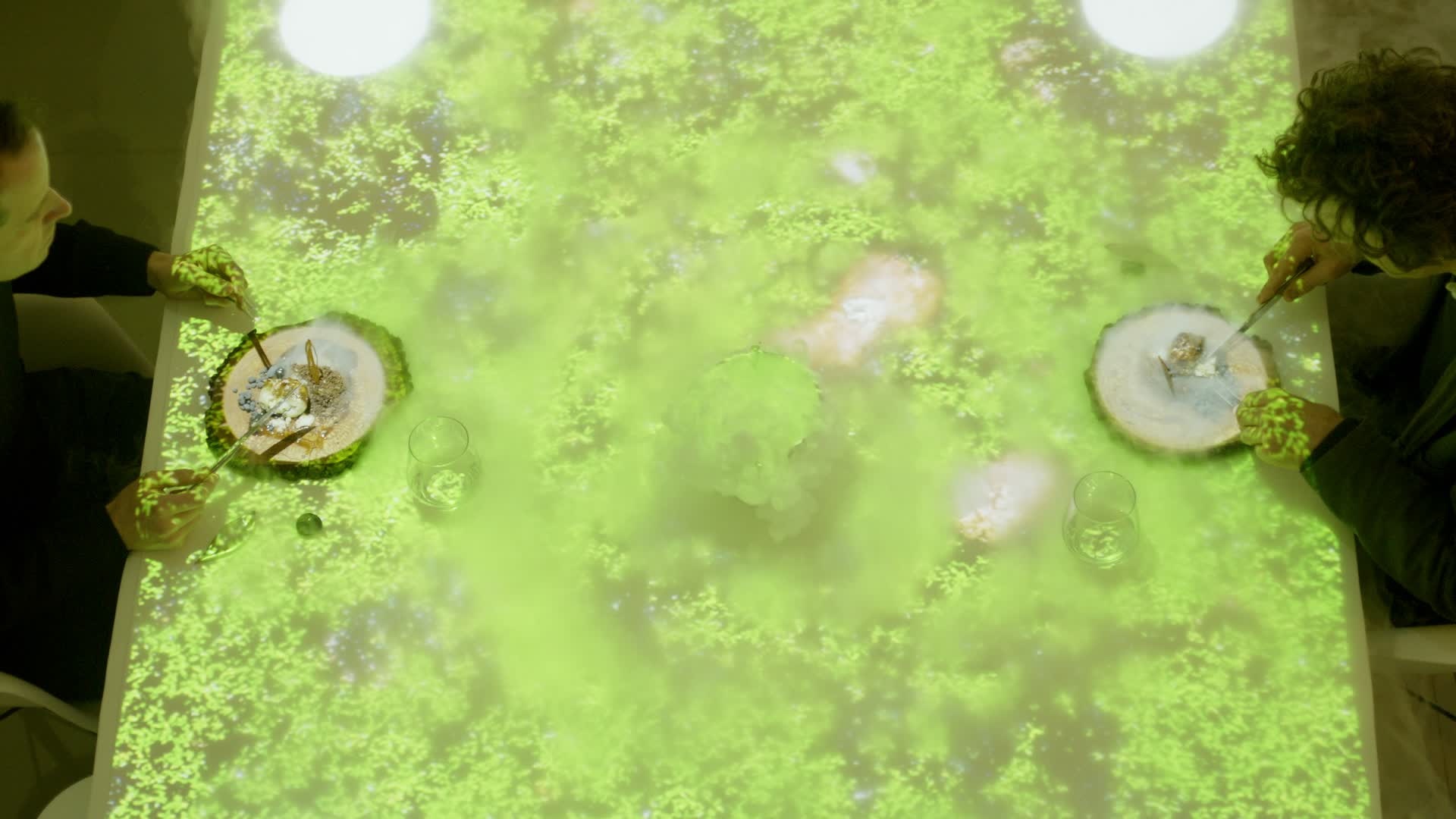
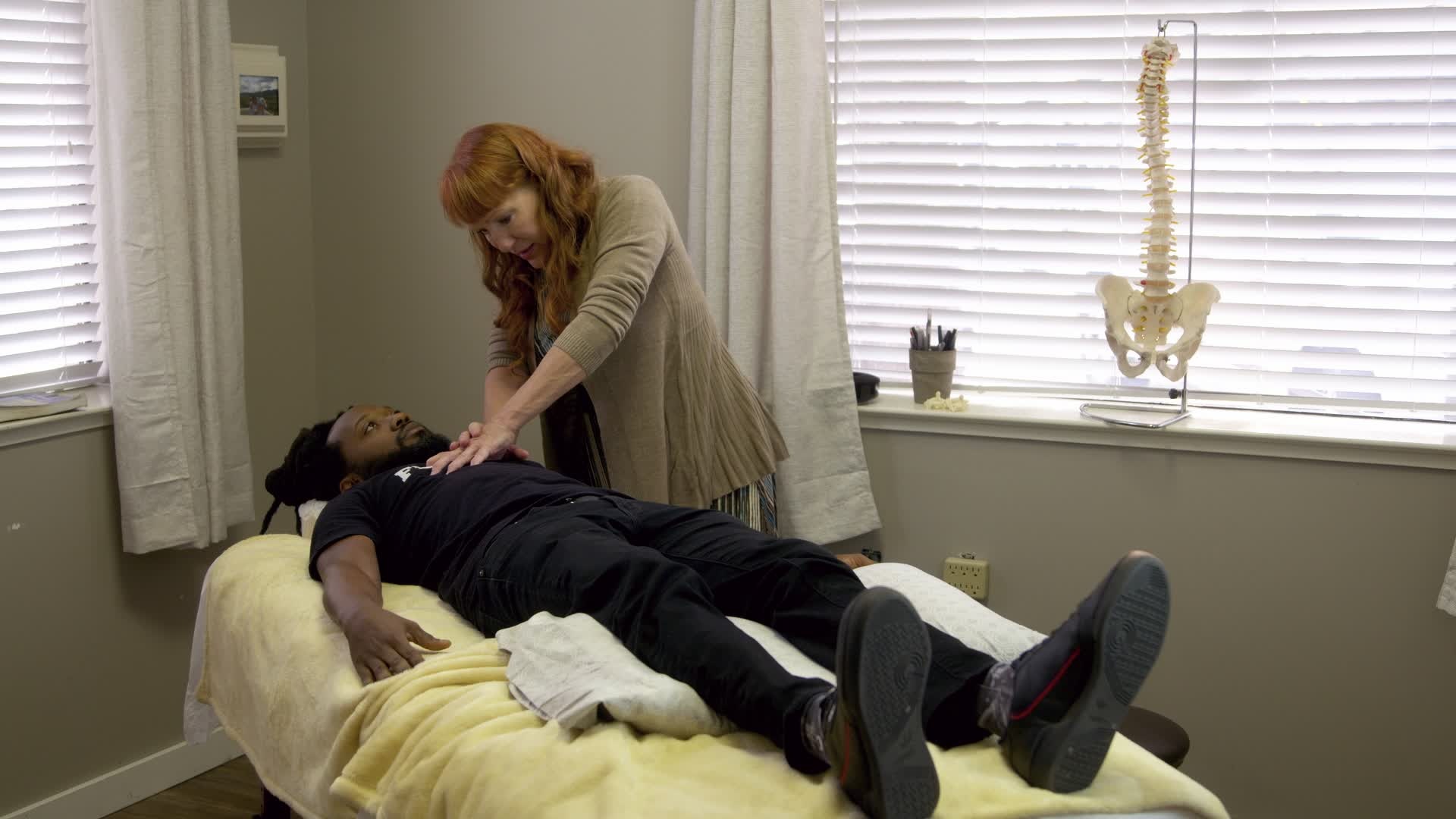

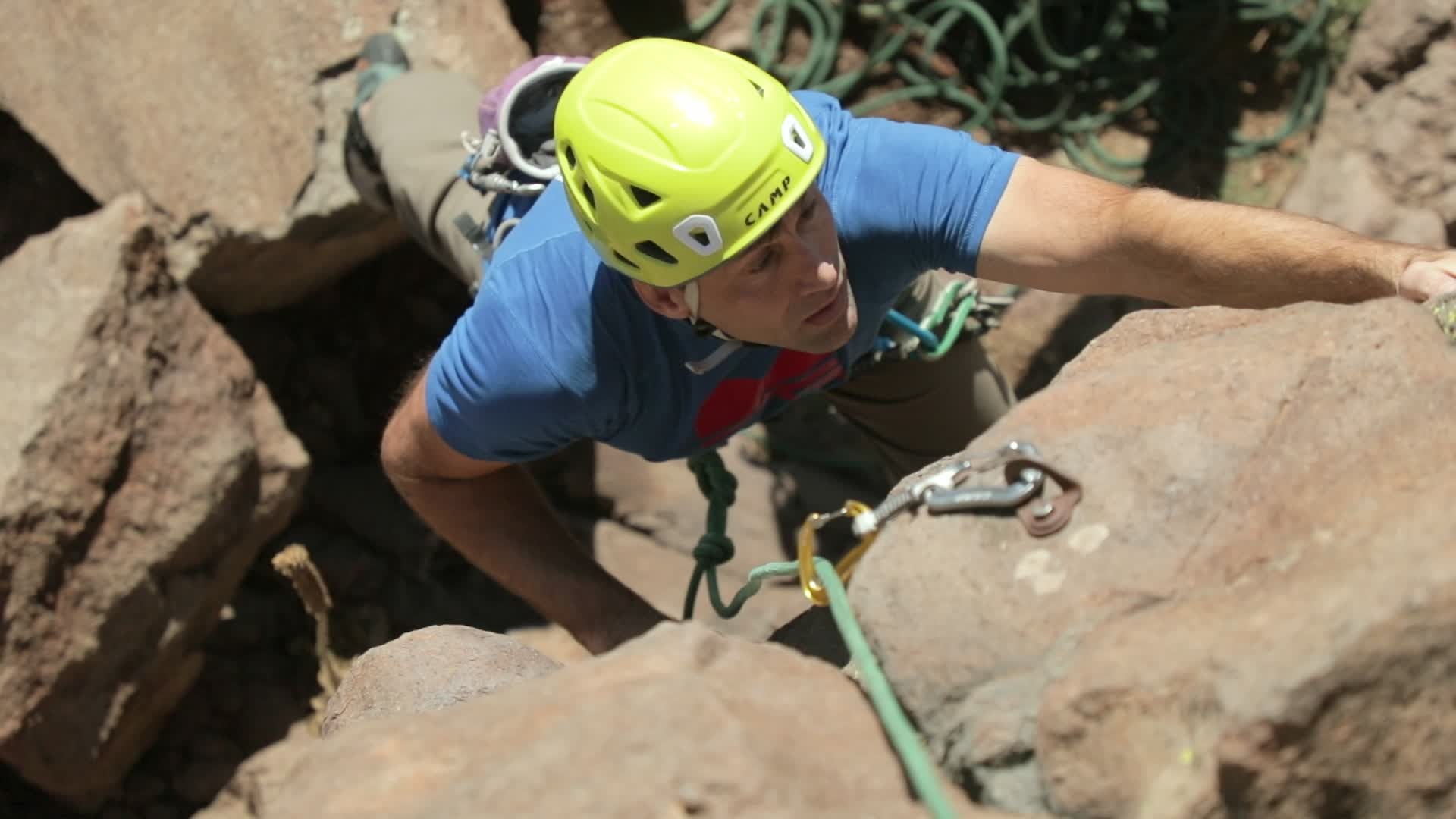
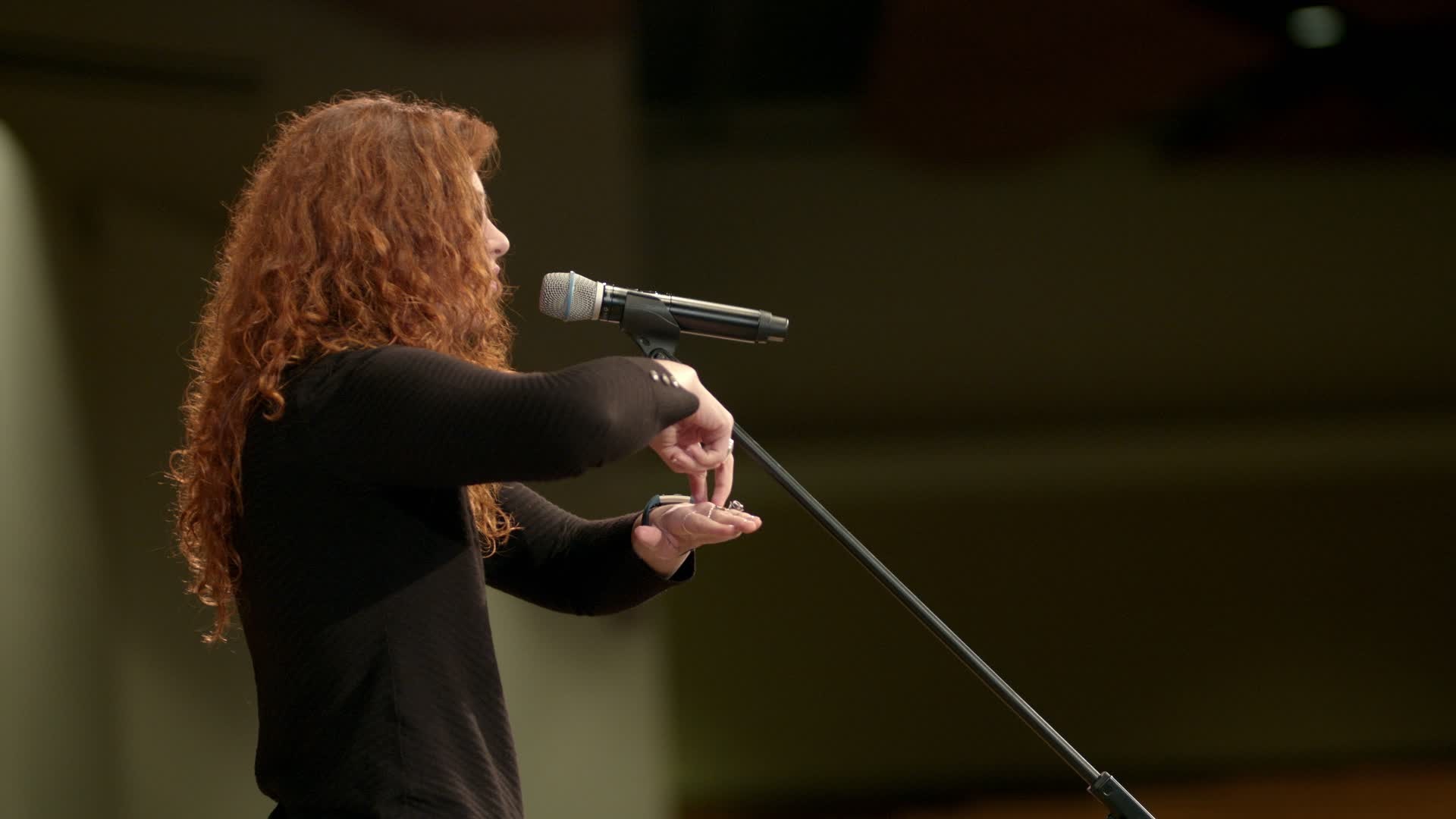
https://www.rthk.hk/tv/dtt31/programme/sciencewithyou/episode/678962
22/05/2020
我們的感官設計,不是要把外界最準確地呈現給我們看,而是把收集到的數據進行篩選,有些會強調,有些則會忽略。我們的感官是一支偉大的管弦樂團,大腦就是指揮;大腦的才能是無人能及的,任何改變和適應它都能應付自如。失明畫家約翰.布蘭比列雖然看不見,繪畫時下筆卻很準確;聾人歌手文迪.哈維雖然聽不見,卻能憑感覺地板震動與人合唱和聲;11歲鋼琴大師聽得出梵蒂岡一個噴泉五條水柱各自的旋律……我們的感官實在太厲害,讓我們不禁要問,若只喪失了其中一種感官,真的就要被視為殘障嗎?抑或只是換個方式去感知這個世界?隨著科學進步,我們逐漸了解到為什麼有些人會發展出超凡的感官能力。自從亞里士多德宣稱人類有五感,我們一直深信不疑,但現在科學家卻認為不只五種;其他感官的謎團正逐一解開,這些未經開發的感知能力,實在令人難以置信。
電視版本:雙語廣播(粵語/英語)
Our senses are not designed to give us the most accurate representation of the outside world, instead the array of data they collect emphasizes certain things and allows others to take a back seat – it’s a magnificent orchestra and the conductor is your brain. Nothing can match the brain’s talent. It is capable of change and adaptation. For example, John Bramblitt is blind yet paints with incredible precision. Mandy Harvey is deaf and sings in harmony with her group thanks to sensing vibrations through the floor. An 11-year-old piano virtuoso is able to hear the melody of each of the 5 streams of a fountain in the Vatican. The potential of our senses is so powerful that it’s time to ask if losing one of them can really be considered a handicap. Could it simply be a different way of perceiving the world? The more science progresses, the better understanding we have of how and why some people develop extraordinary sensory abilities. The idea of our 5 senses has held from Aristotle forward, but scientists are now convinced we have more than 5 senses, and are beginning to uncover their mysteries. The untapped potential of sensory perception is mind-boggling.
TV Version: Bilingual Broadcast (Cantonese/English)






https://www.rthk.hk/tv/dtt31/programme/sciencewithyou/episode/678962

好癲 真係畫到 仲要幾靚

其實好多盲人都好勁

好勁

用樹做碟 諗起Shaun


小地球大建築
29/05/2020
可持續建築在世界各地興起。建築師正在重塑人類未來的生活和建築形態。2050年,世界人口將達到100億。愈來愈多人會居住在不斷膨脹的城市,對大自然和氣候造成壓力。一群丹麥建築師正在世界各地,以改善人類日常生活為前提,找方法應對這些全球問題。他們正努力在這個小星球,創造偉大的建築。
電視版本:雙語廣播(粵語/英語)
Sustainable architecture is on the rise all over the world. Architects are reinventing the way we are going to live and build in the future. By 2050, the world population will reach 10 billion people. More and more people will settle in constantly growing cities, putting nature and our climate under pressure. Around the world, Danish architects are dealing with global challenges in ways that also give us a better everyday life. They strive to create Great architecture on a Small planet.
TV Version: Bilingual Broadcast (Cantonese/English)
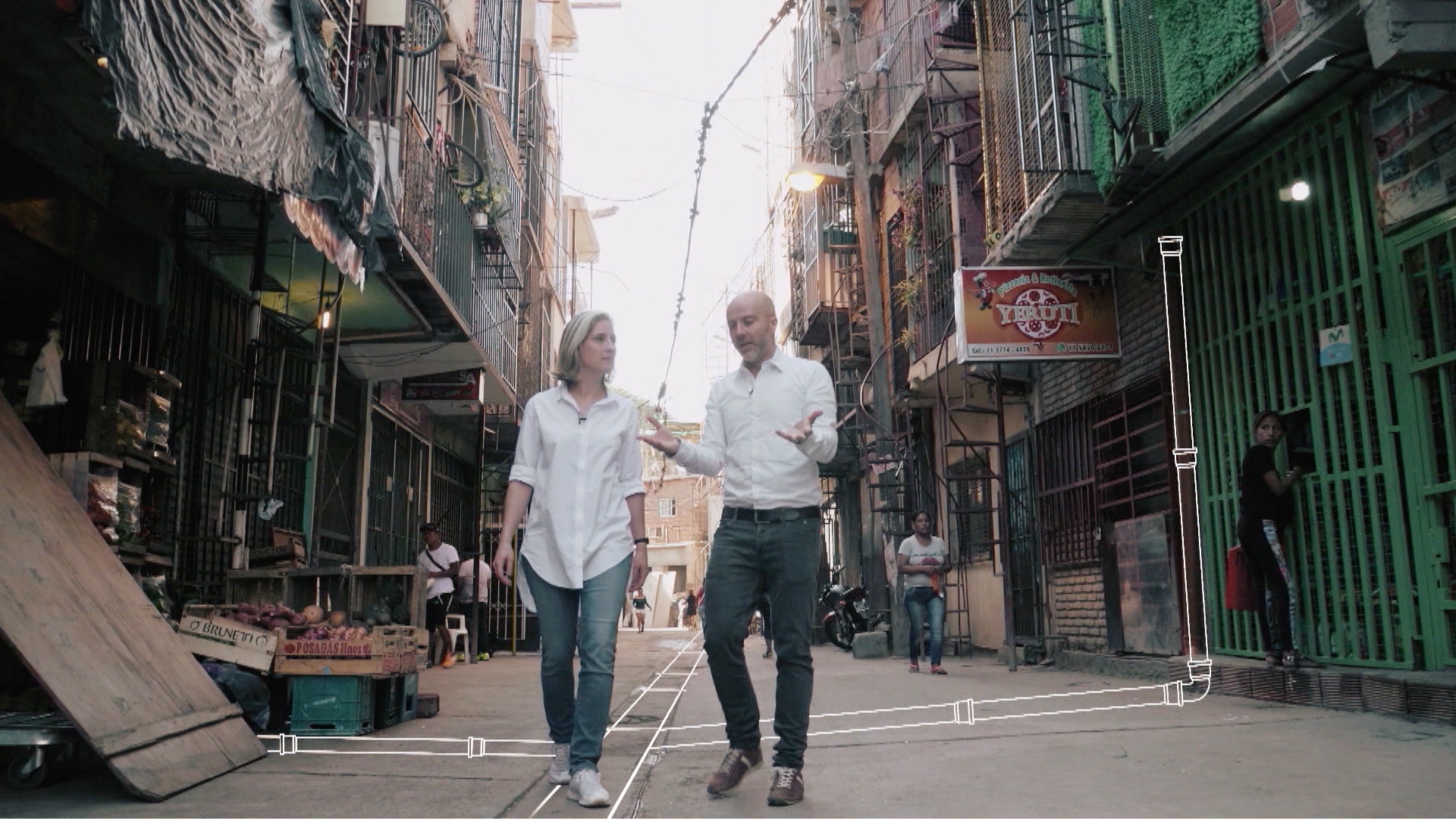

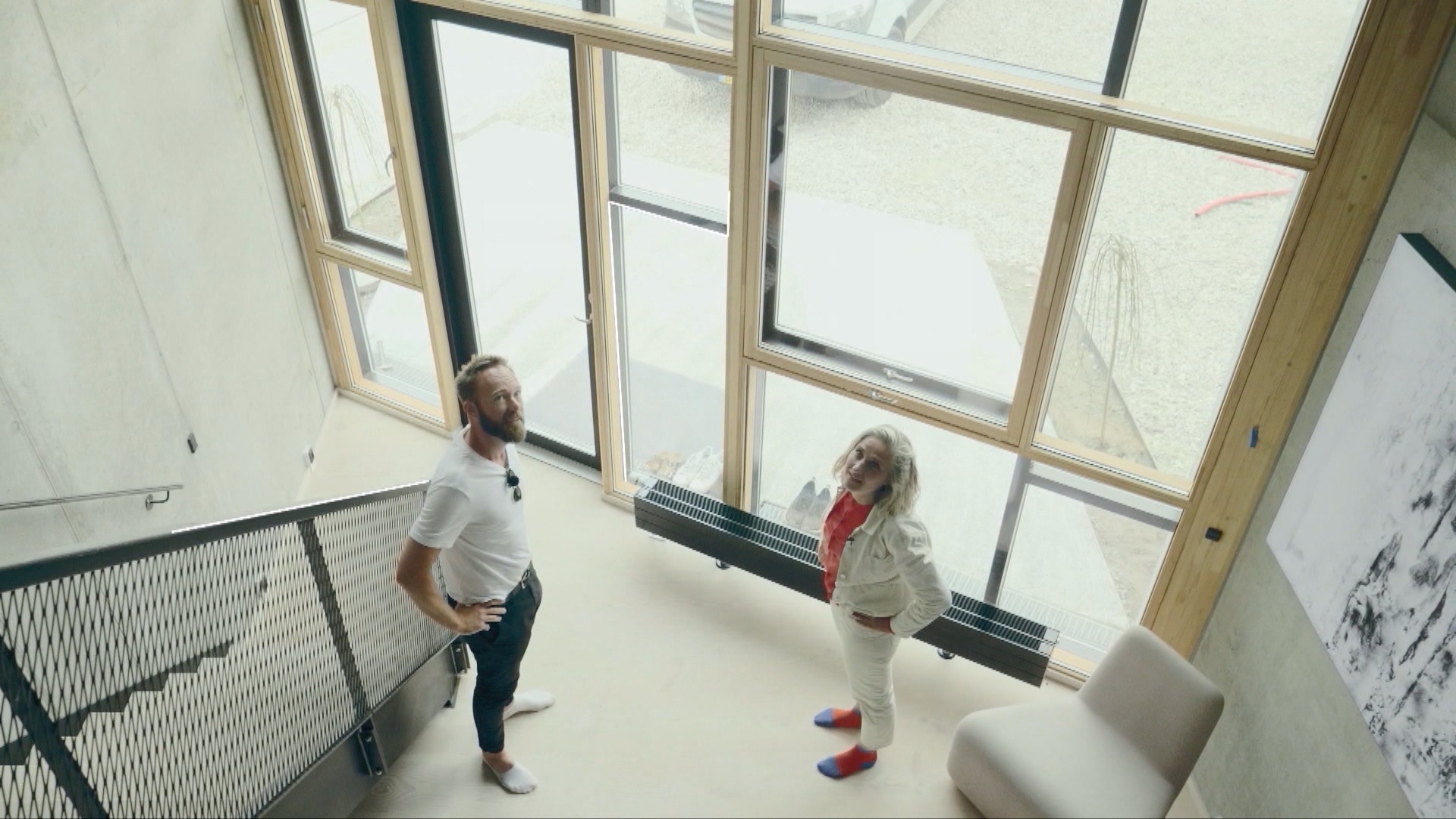

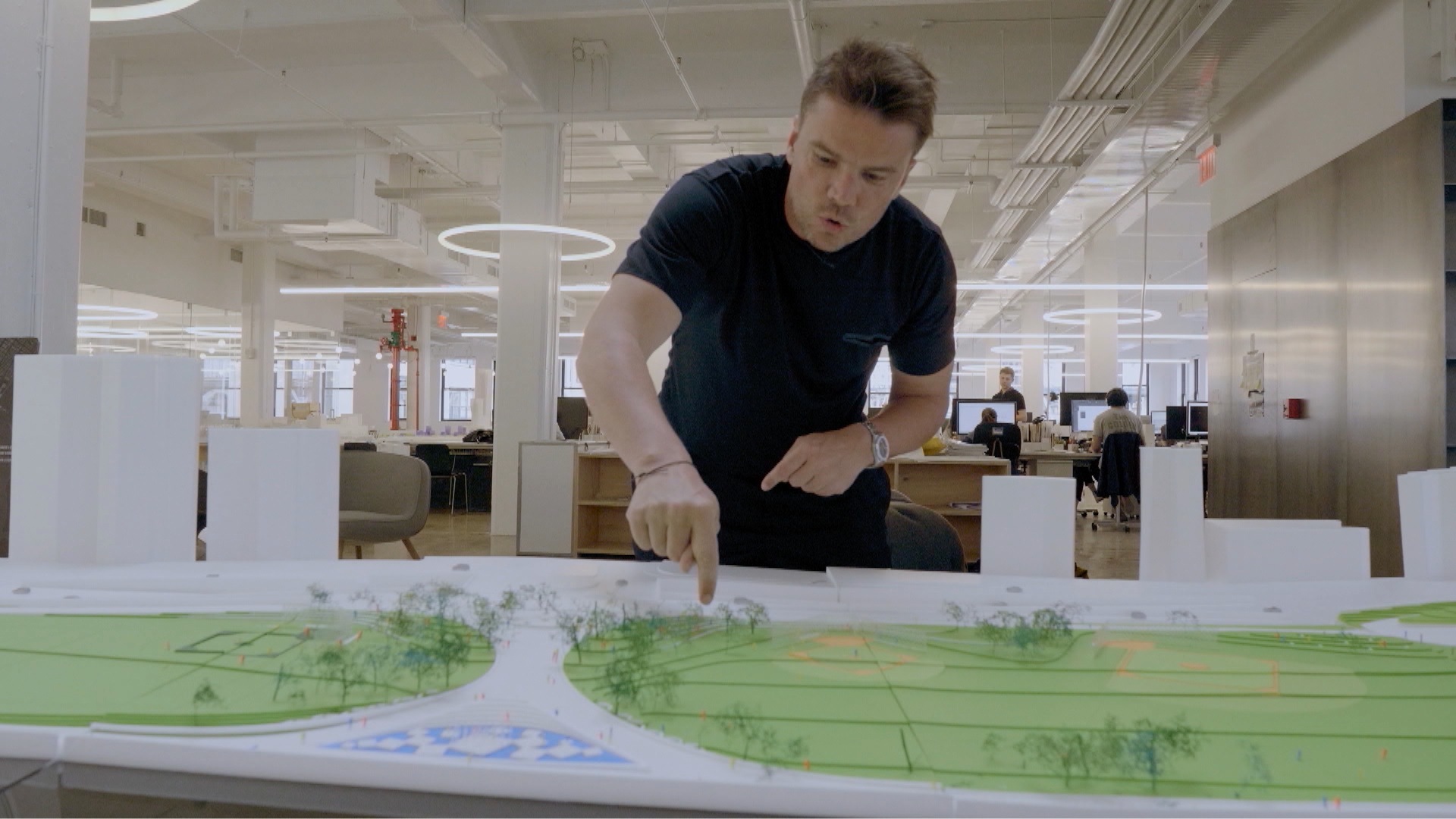

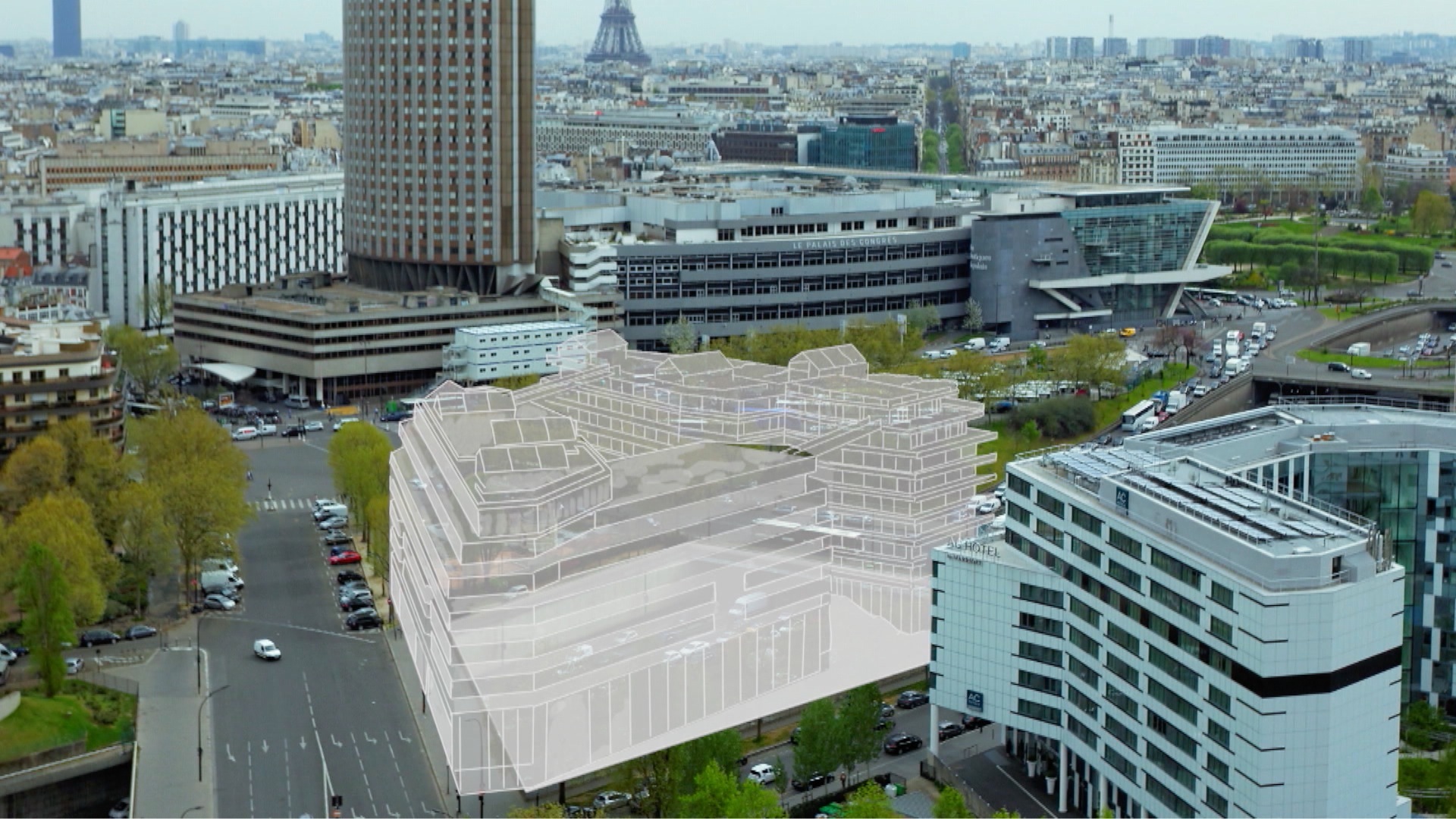

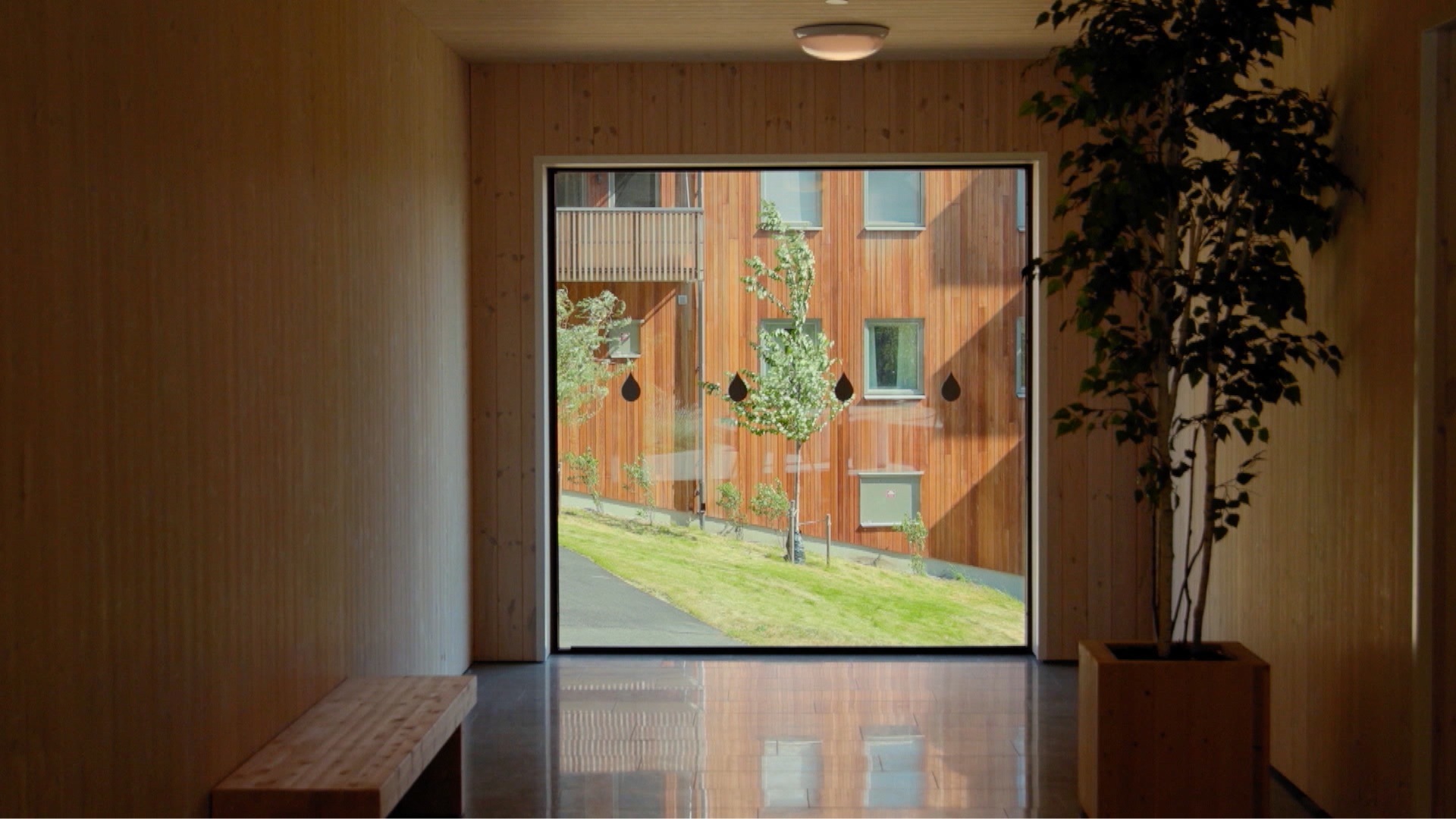
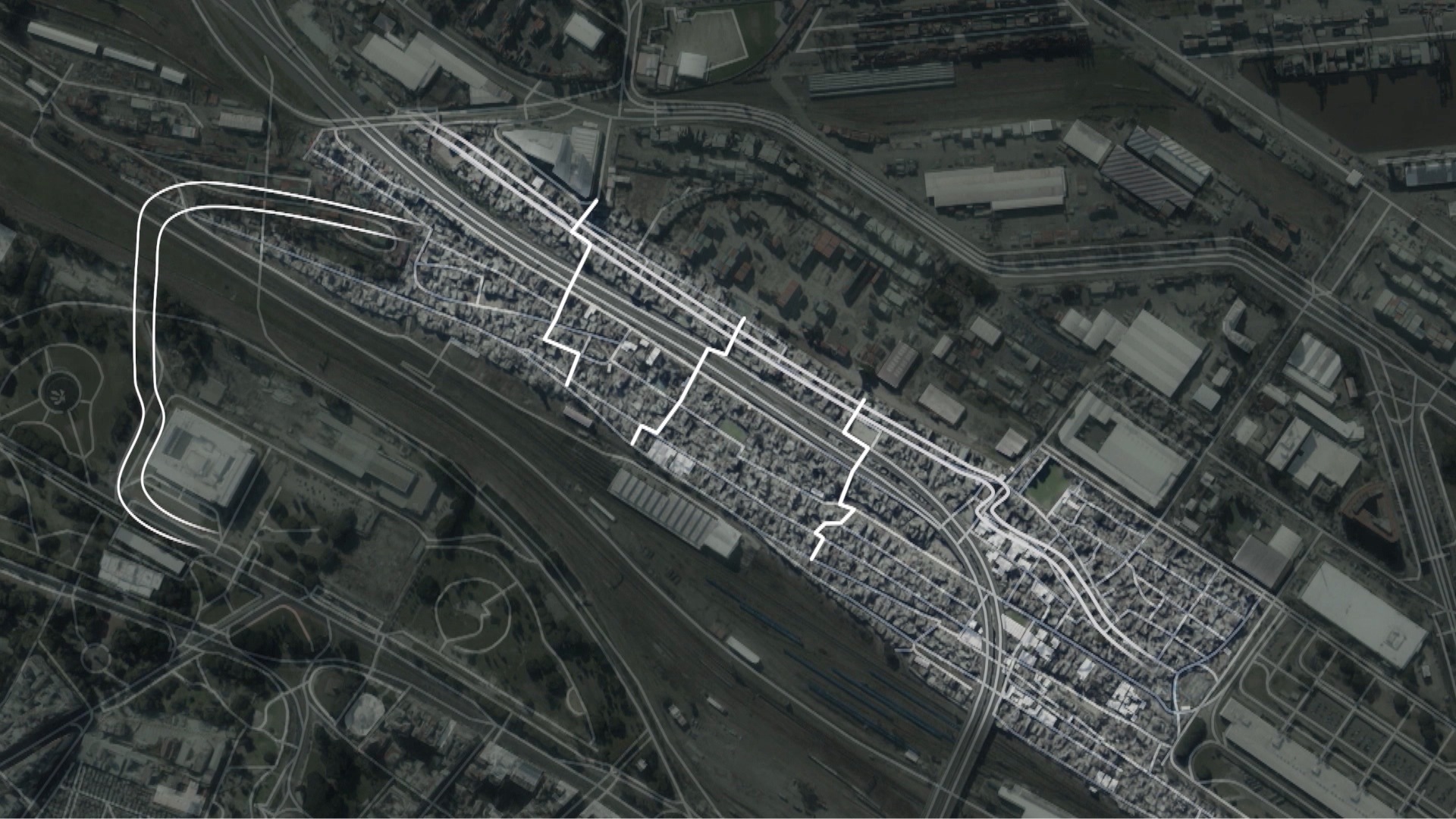
https://www.rthk.hk/tv/dtt31/programme/sciencewithyou/episode/682370
29/05/2020
可持續建築在世界各地興起。建築師正在重塑人類未來的生活和建築形態。2050年,世界人口將達到100億。愈來愈多人會居住在不斷膨脹的城市,對大自然和氣候造成壓力。一群丹麥建築師正在世界各地,以改善人類日常生活為前提,找方法應對這些全球問題。他們正努力在這個小星球,創造偉大的建築。
電視版本:雙語廣播(粵語/英語)
Sustainable architecture is on the rise all over the world. Architects are reinventing the way we are going to live and build in the future. By 2050, the world population will reach 10 billion people. More and more people will settle in constantly growing cities, putting nature and our climate under pressure. Around the world, Danish architects are dealing with global challenges in ways that also give us a better everyday life. They strive to create Great architecture on a Small planet.
TV Version: Bilingual Broadcast (Cantonese/English)










https://www.rthk.hk/tv/dtt31/programme/sciencewithyou/episode/682370

環保建築
如果放呢班專業人士去前晚嘅日本東海岸,佢吔會點樣設計?
可能會9唔搭8 講真日本係呢方面已經係數一數二了

好理想
就睇之後佢地做唔做到

就睇之後佢地做唔做到

自給自足
